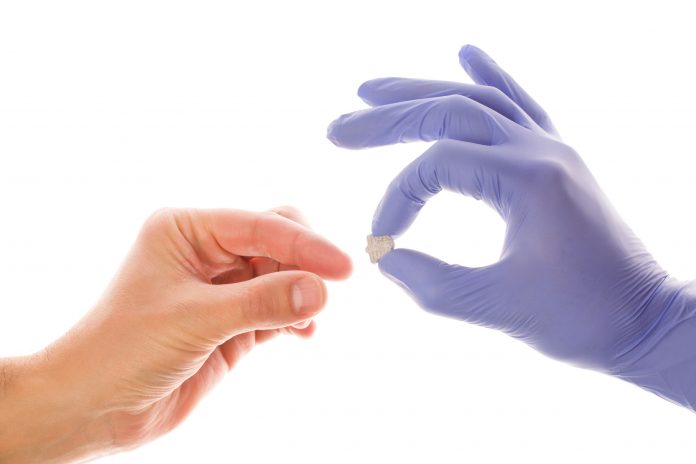In a heart-wrenching story written in 2017, Rachael Kaplan details her lifelong struggles with Post Traumatic Stress Disorder (PTSD). Enduring chronic and severe abuse as a child, Rachael strongly considered ending her life and found herself “praying to die.”
She worked with several therapists and numerous multiple treatment methods to improve her condition. Unfortunately, her traumas were so severe that she wasn’t able to address them during therapy without inflicting severe mental hardship directly. In her own words:
“I was still terrified most of the time. I would have flashbacks leaving me debilitated, having nightmares, dissociated, and self-harming… I had some of the best therapists, but I was so terrified from childhood trauma that my system would not let its guard down enough to let anything from the outside affect it.”
Exhausting the typical treatment methods, Rachael enrolled in a trial of MDMA-based psychotherapy. MDMA, short for methylenedioxymethamphetamine, is a synthetic drug whose primary component is Ecstasy. Ecstasy is classified by the Drug Enforcement Administration as a schedule one substance, deemed to have no medicinal benefits and a high likelihood of abuse.
Despite MDMA’s controversial reputation and the DEA’s description, Racheal’s condition and outlook on life improved substantially. MDMA allowed her to “stay present, explore, and process what happened.” Three years after beginning treatment, she expressed, “I am amazed every day when I realize that I feel a sense of peace with myself. I often wake up with a love for myself, others, and this earth.”
Many others with severe PTSD may soon have access to the same treatment that transformed Racheal’s life.
MDMA has been seeking the Food and Drug Administration’s approval to treat PTSD since 2017. Most recently, the drug underwent a randomized control trial as directed by the agency. Now published in Nature Medicine, the results find that sixty-seven percent of those who used MDMA no longer qualified for a PTSD diagnosis after two months of treatment. The study also found no evidence of long-term side effects.
MDMA’s impending approval provides an important additional treatment method for severe PTSD. Sadly, PTSD is becoming increasingly common. Nearly 9 percent of US adults will be diagnosed with PTSD in their lifetime. As the pandemic comes to an end, these numbers will likely increase.
News that an alleged “party drug” could soon become a standard treatment option for a complex mental health issue may come as a surprise. It shouldn’t.
As I have noted in a previous post, MDMA was first used to treat PTSD and other mental traumas in the 1960s. Despite the drug’s therapeutic properties, MDMA-assisted therapies and treatment were quickly thwarted in 1985 with the DEA’s scheduling decision. Many in the medical community criticized the agency’s assessment of MDMA as “a reactive, largely blind decision.”
With another successful clinical trial involving about 100 participants, MDMA should pass phase III of the FDA’s approval process. Full approval is expected by early 2023.
